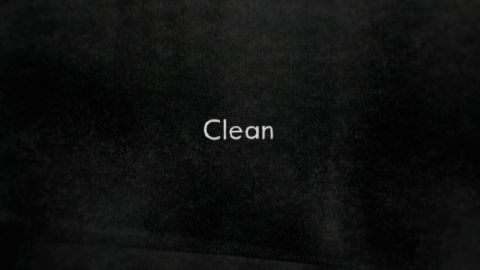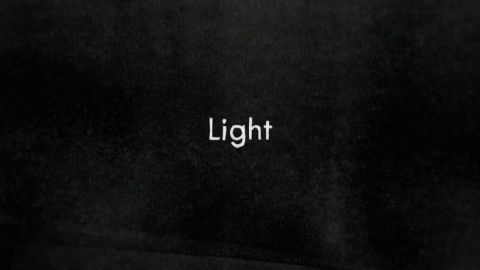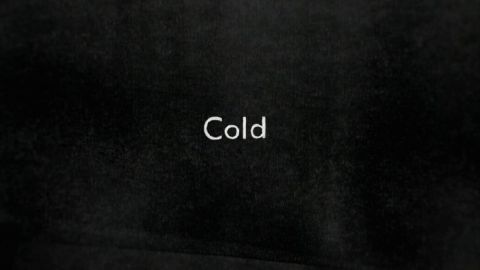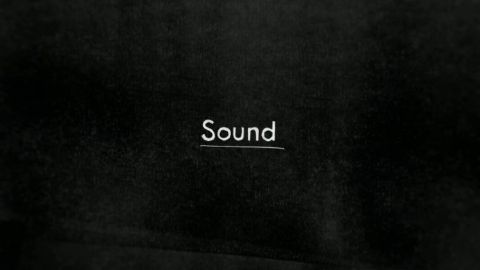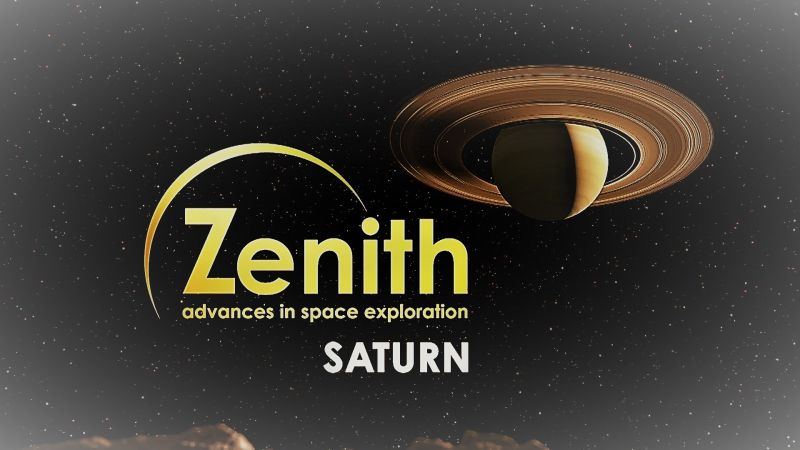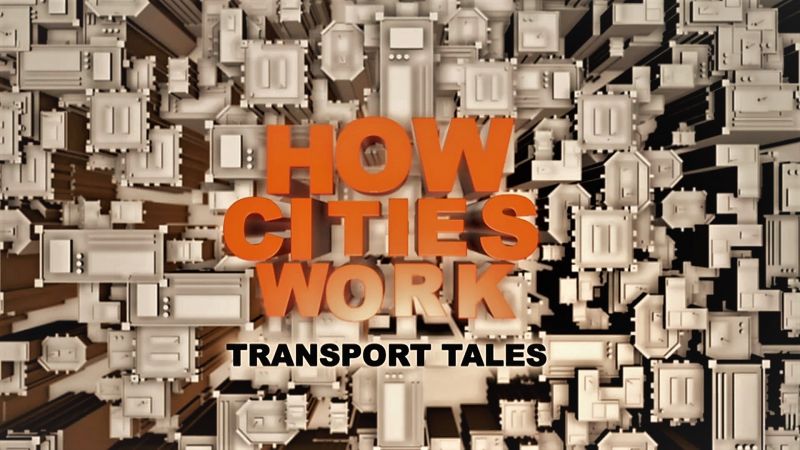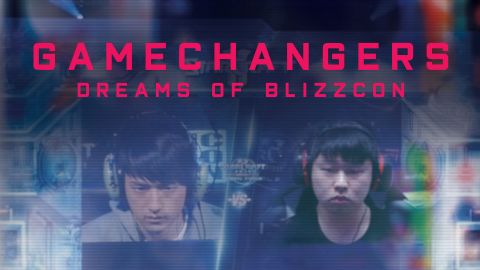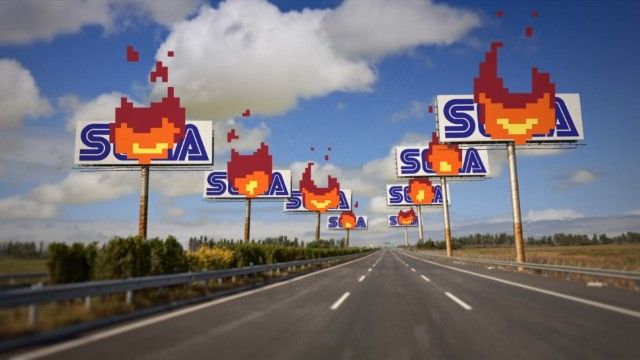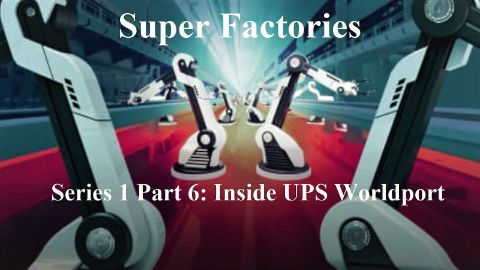Time • 2014 • episode "S1E2" • How We Got to Now
Board a submarine with Steven Johnson to discover what a lack of natural light means for a sailor’s working day and visit Heathrow, the world’s busiest airport, to try to get timings right at air traffic control. The story of getting a grip on time is full of curious garage tinkerers. One of them, railway clerk William F. Allen, was so exasperated by the chaos caused by the hundreds of local times zones in the U.S. that he fought tirelessly to standardize time into four zones. Learn how advancements in navigation, the way we work, technology and travel would have been impossible without the unsung heroes of time.
Make a donation
Buy a brother a hot coffee? Or a cold beer?
Hope you're finding these documentaries fascinating and eye-opening. It's just me, working hard behind the scenes to bring you this enriching content.
Running and maintaining a website like this takes time and resources. That's why I'm reaching out to you. If you appreciate what I do and would like to support my efforts, would you consider "buying me a coffee"?
Donation addresses
BTC: bc1q8ldskxh4x9qnddhcrgcun8rtvddeldm2a07r2v
ETH: 0x5CCAAA1afc5c5D814129d99277dDb5A979672116
With your donation through , you can show your appreciation and help me keep this project going. Every contribution, no matter how small, makes a significant impact. It goes directly towards covering server costs.
